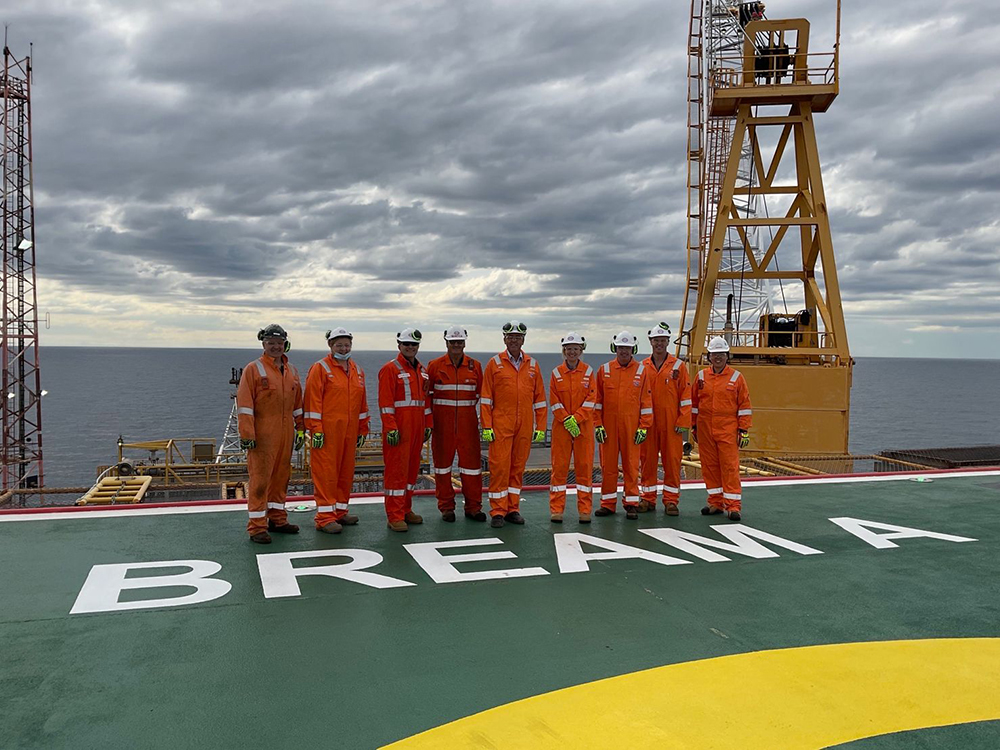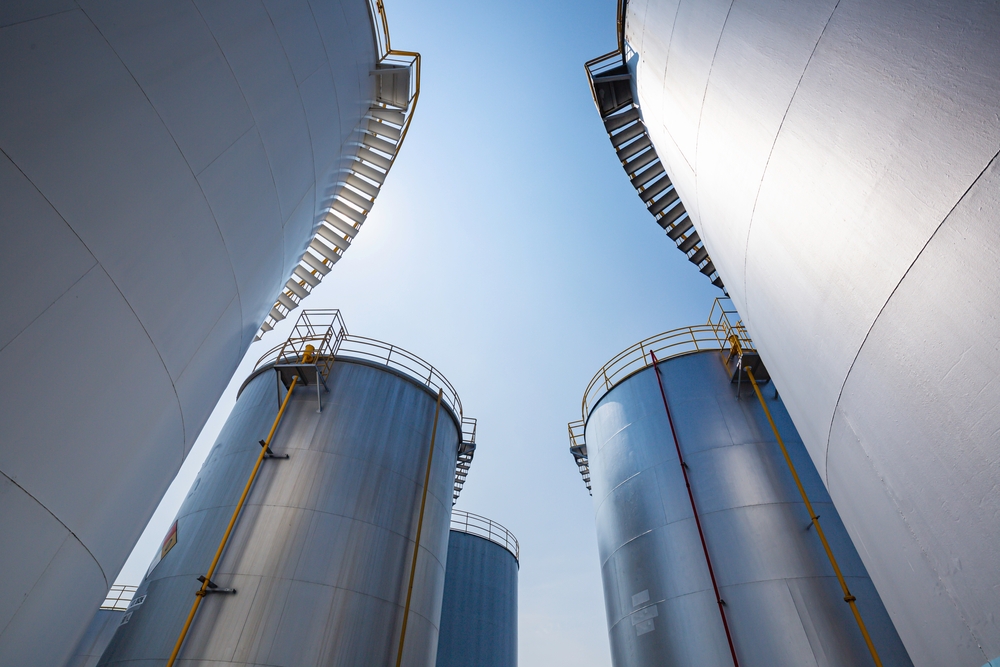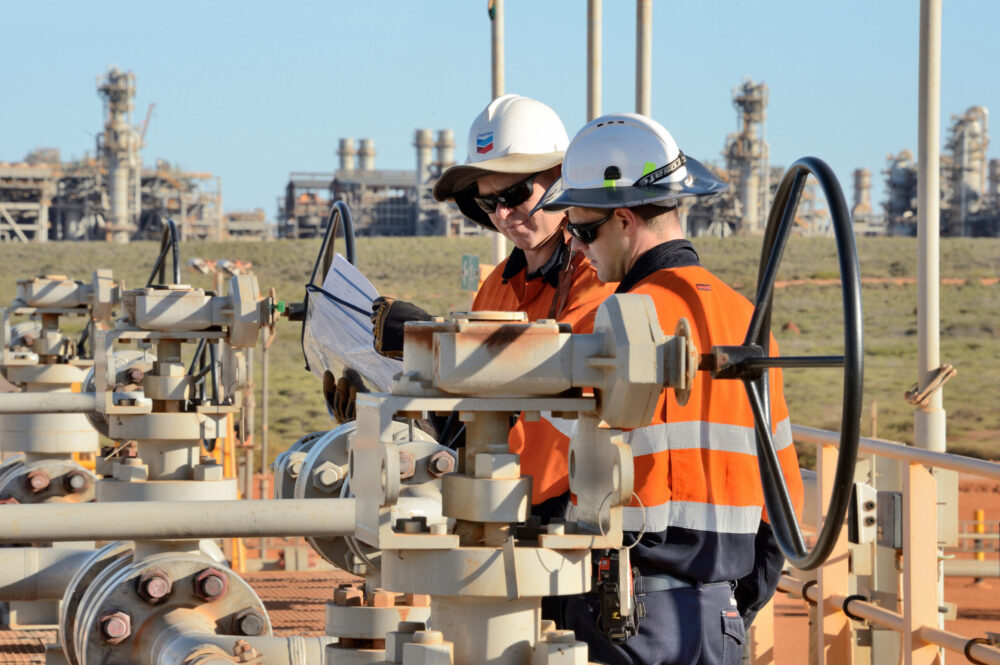
The Federal Government is inviting input on a draft carbon capture and storage (CCS) method for the Emissions Reduction Fund (ERF).
The ERF incentivises Australian businesses to reduce the amount of greenhouse gases they create and undertake activities that store carbon.
Minister for Energy and Emissions Reduction, the Hon. Angus Taylor MP, said the ERF was one of the world’s most rigorous carbon offset programs.
“The Emissions Reduction Fund is central to our technology, not taxes approach to reducing emissions. We are continuing to support farmers, businesses and communities to adopt new technologies that reduce emissions and boost their economic opportunities,” he said.
“Including CCS projects under the ERF will help unlock more low-cost abatement for Australia, underpin new and expanding industries, and lead to job creation and economic opportunities, including in regional areas.”
Last year the Federal Government’s first Low Emissions Technology Statement identified CCS as one of Australia’s priority low emissions technologies.
Fast-tracking the development of new ERF methods was also a recommendation of the King Review and will help achieve a greater range of low-cost abatement through the scheme.
Australian Petroleum Production and Exploration Association (APPEA) Chief Executive, Andrew McConville, said the development of a method for CCS under the ERF is an important way to recognise the role it can play as one of a number of low emissions technologies with the potential to deliver step-change emissions reductions.
“All technology, including hydrogen and CCS, should be on the table to help reduce emissions, so this is a good move,” Mr McConville said.
“Just as government investment in renewables has fast-tracked projects, this could do the same and create thousands of jobs in the process.”
“There is no silver bullet in taking climate action and all options need to be considered to help Australia reach net-zero.”
He said Australia has a natural competitive advantage to implement CCS with known high quality, stable geological storage basins, existing infrastructure, world-class technical expertise and regulatory regimes (environment protection, carbon accounting and reporting, financial services).
“Australia needs low-cost carbon abatement to maintain its position as a leading energy exporter and ensure international competitiveness in a cleaner energy future. With scale and experience, the cost of CCS will decrease, creating the potential to deliver competitive, large-scale abatement for existing industries and new industries such as hydrogen and ammonia,” Mr McConville commented.
“Just as LNG exports are playing an important role in reducing global emissions, CCS in Australia can play an important role in securing the future of Australia’s oil and gas industry in a cleaner energy future.”
To contribute to the consultation process, visit: consult.industry.gov.au/cer/carbon-capture-and-storage-draft-method. Submissions are open until 27 July 2021.








